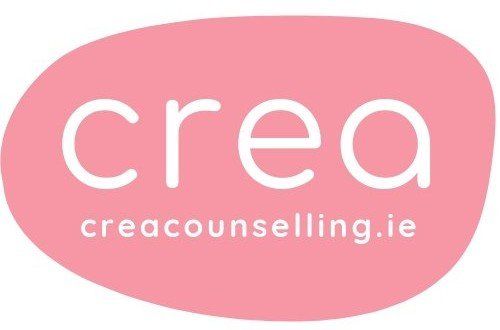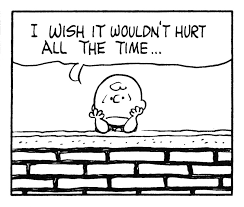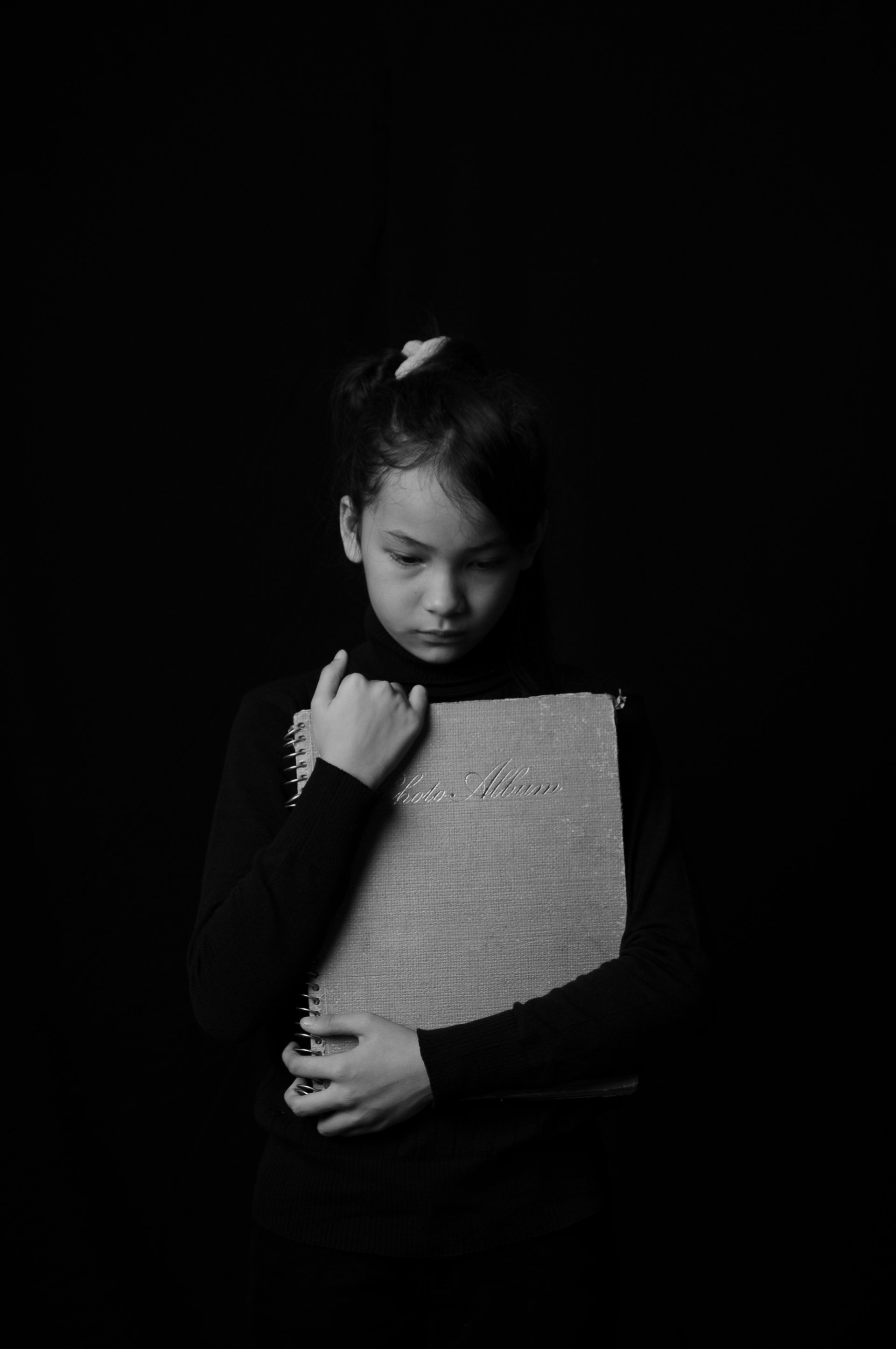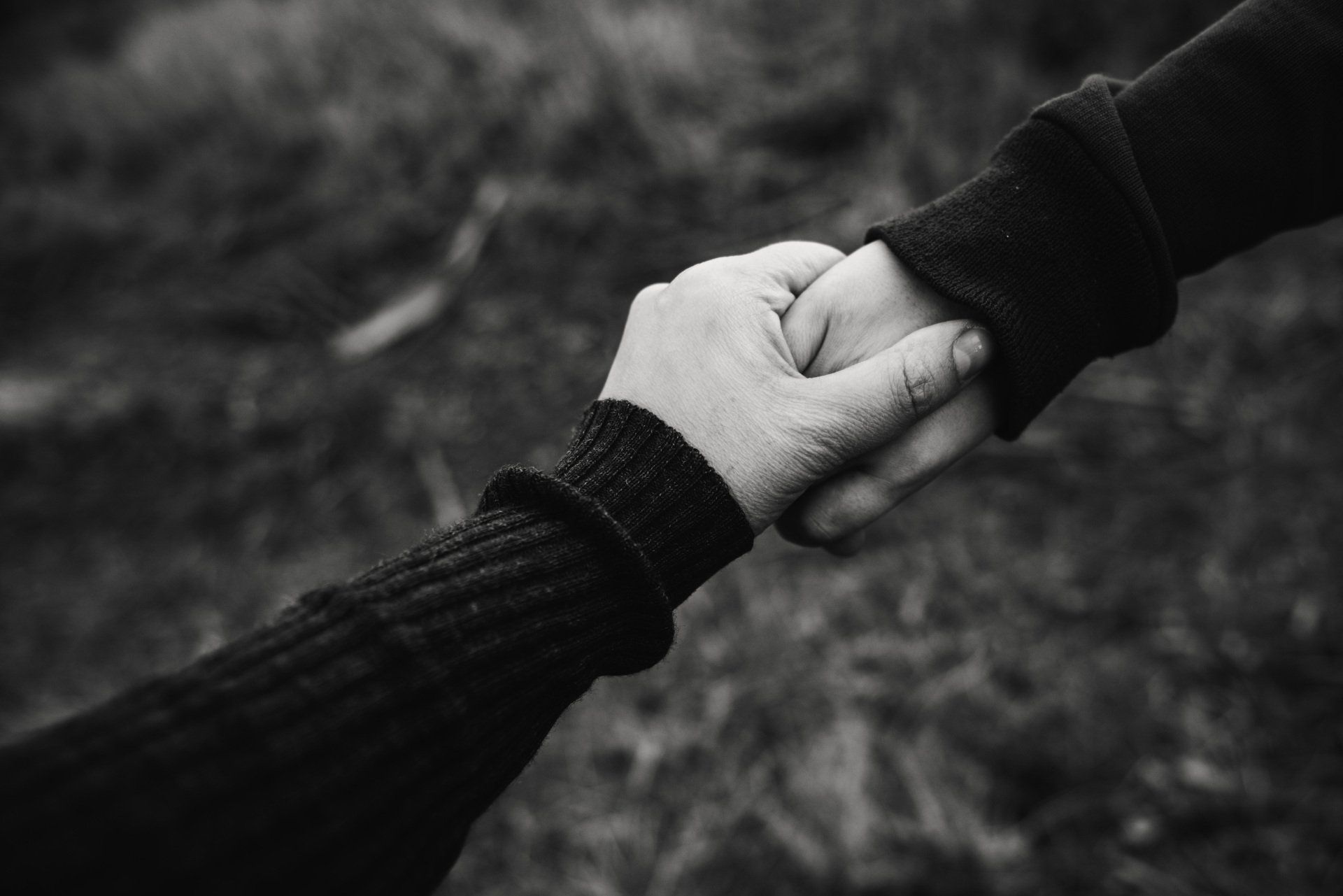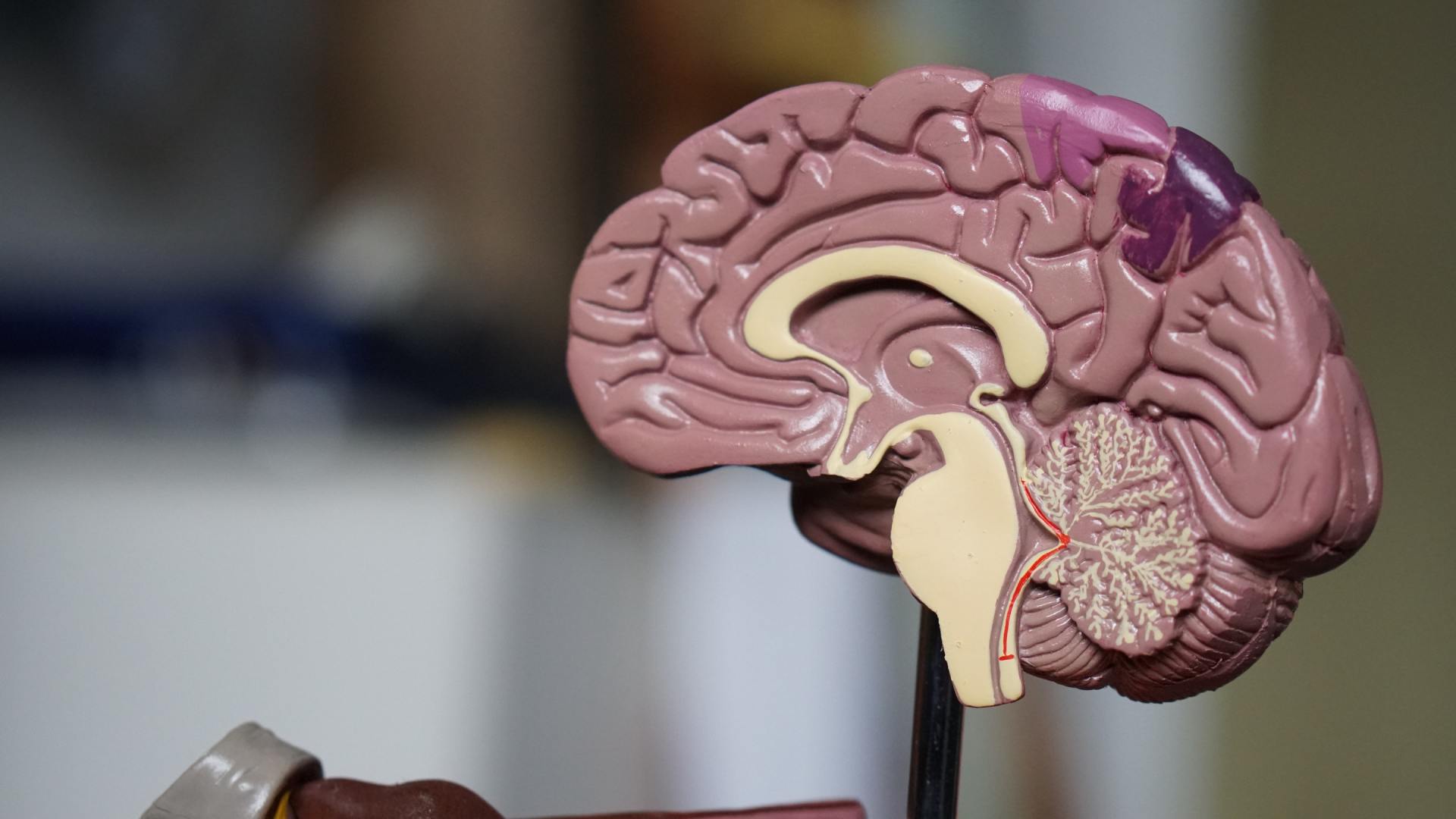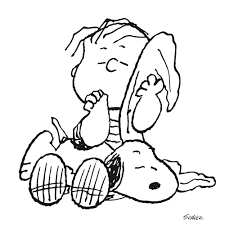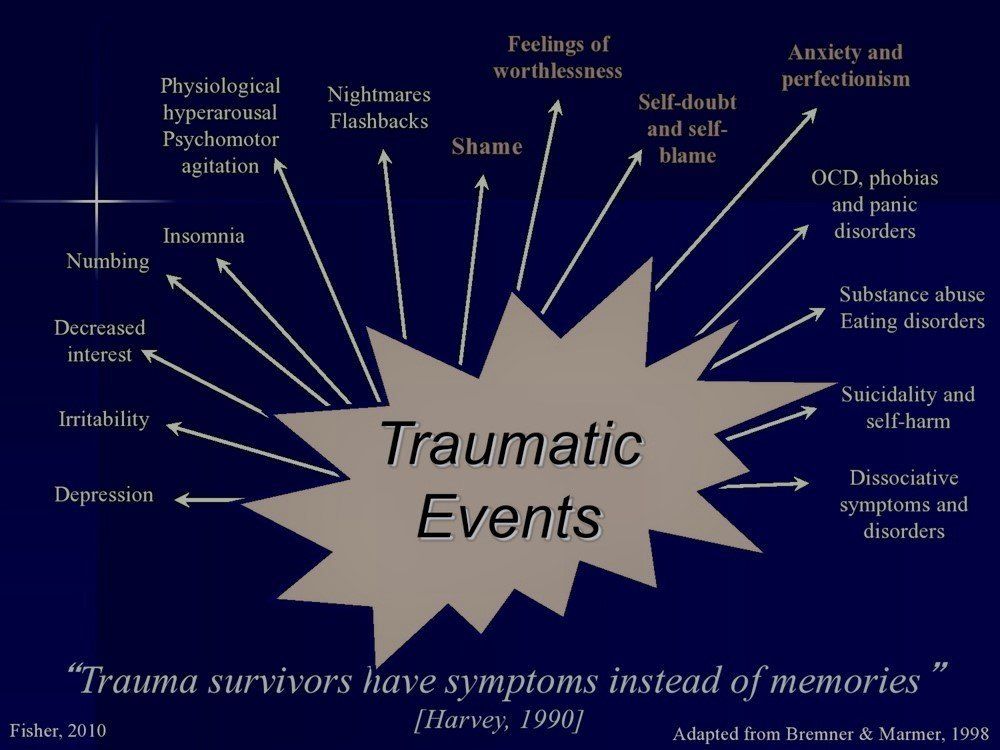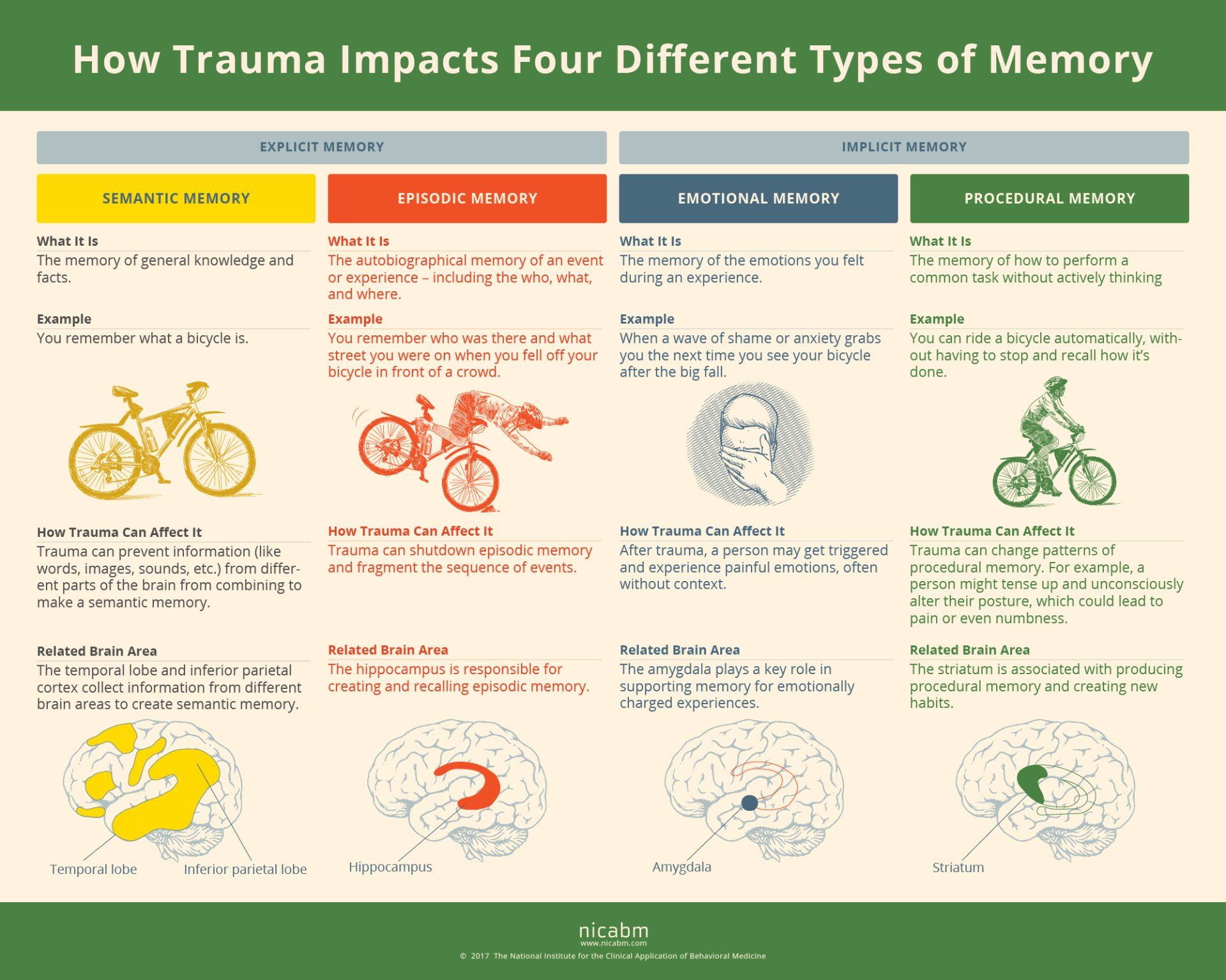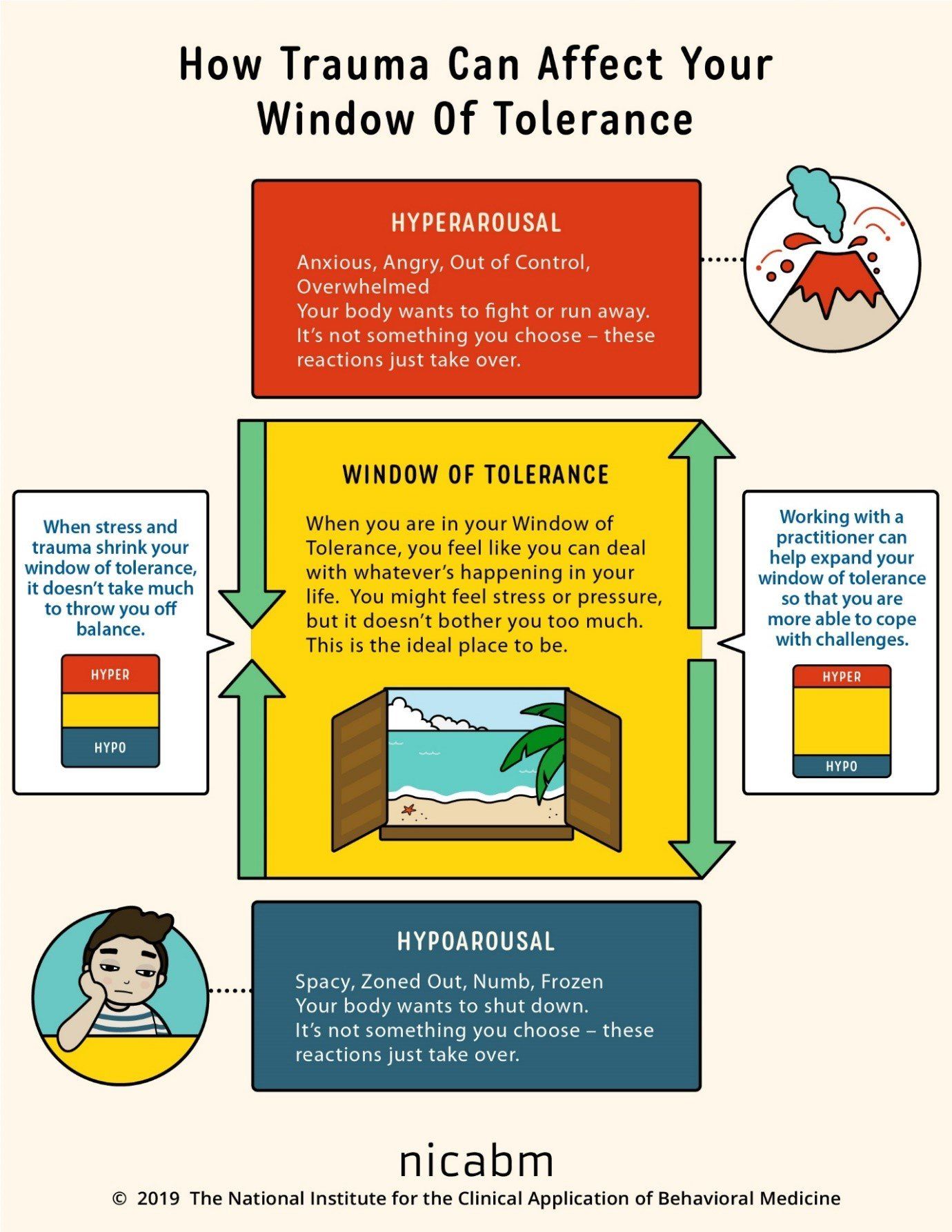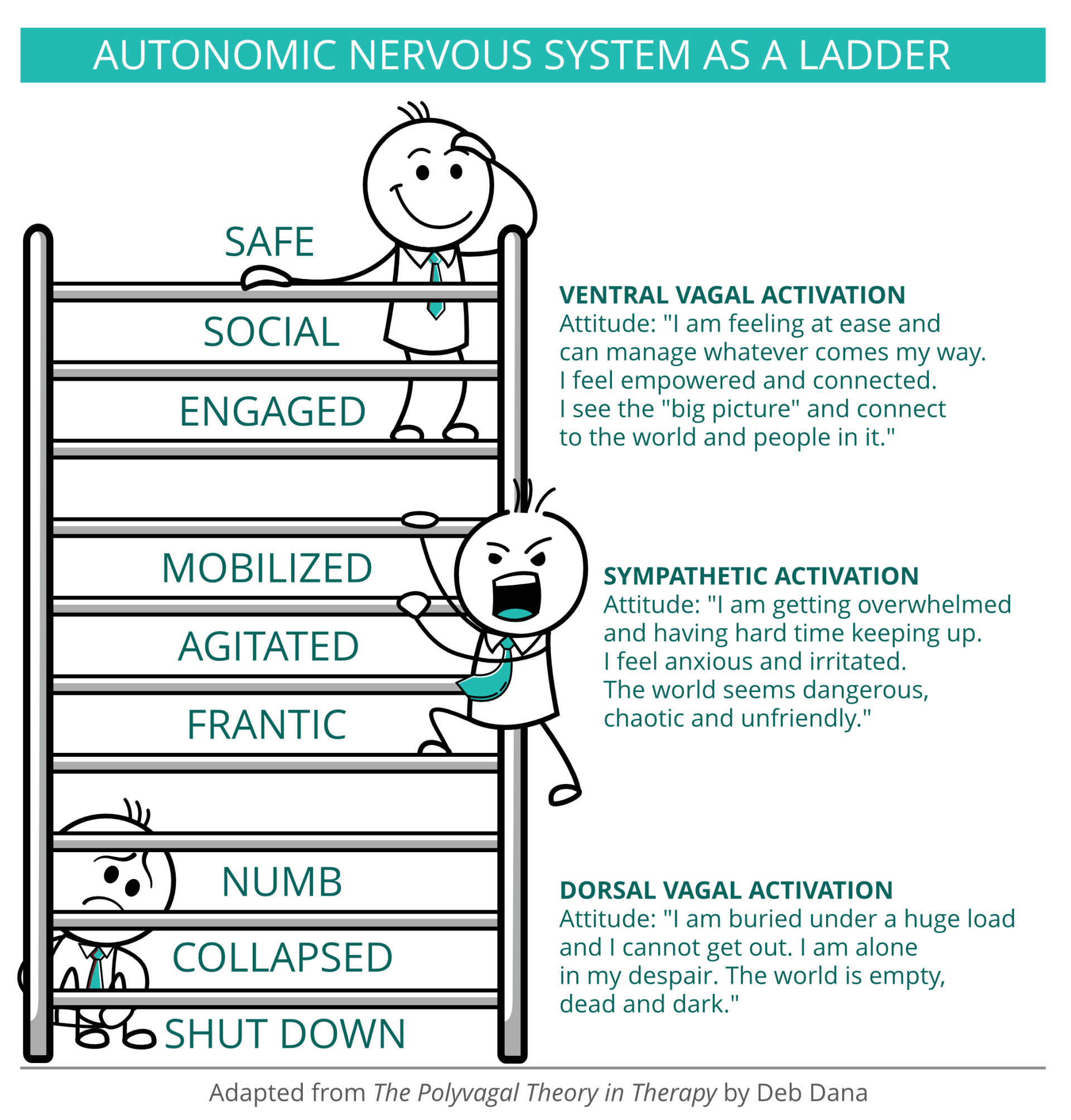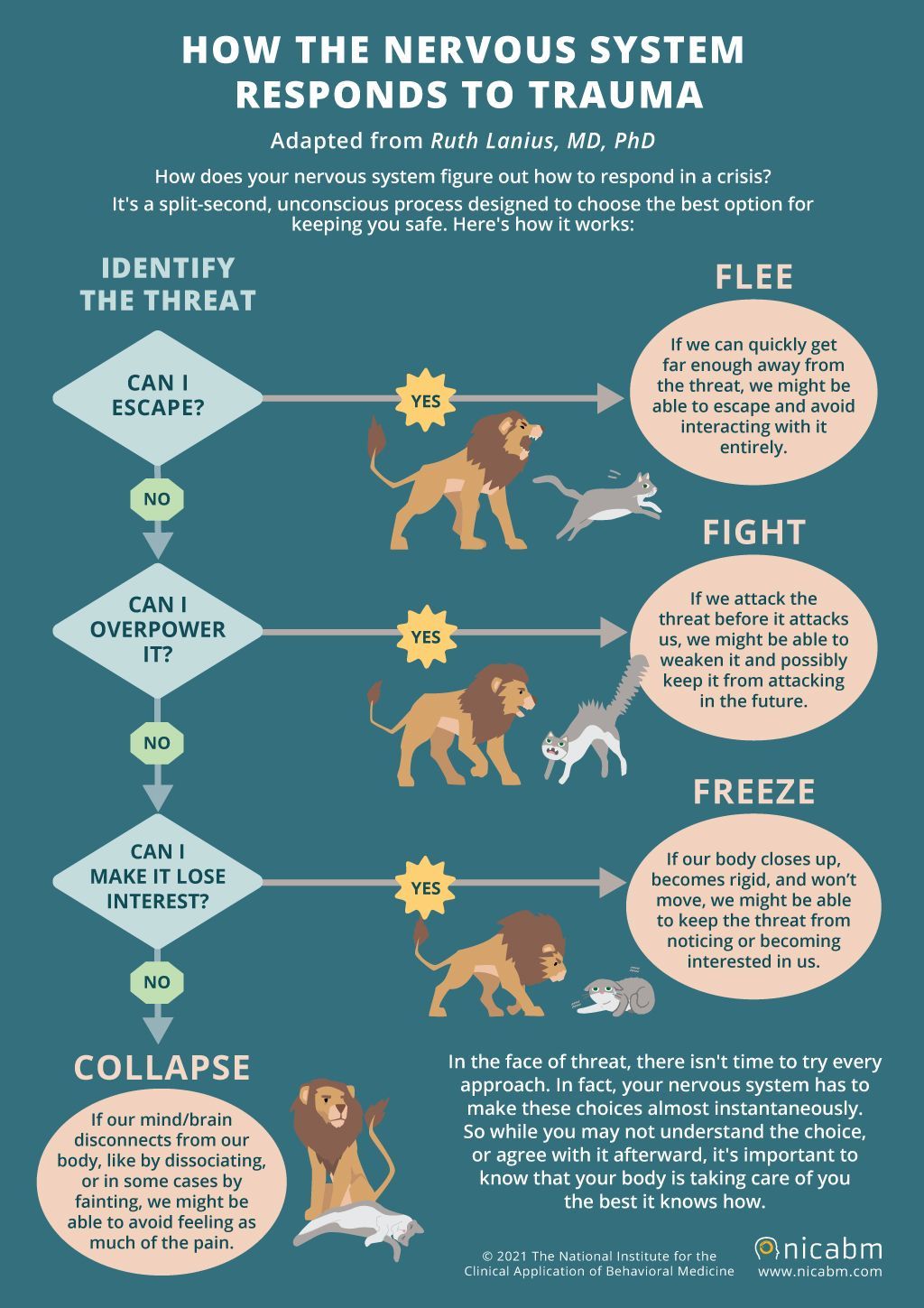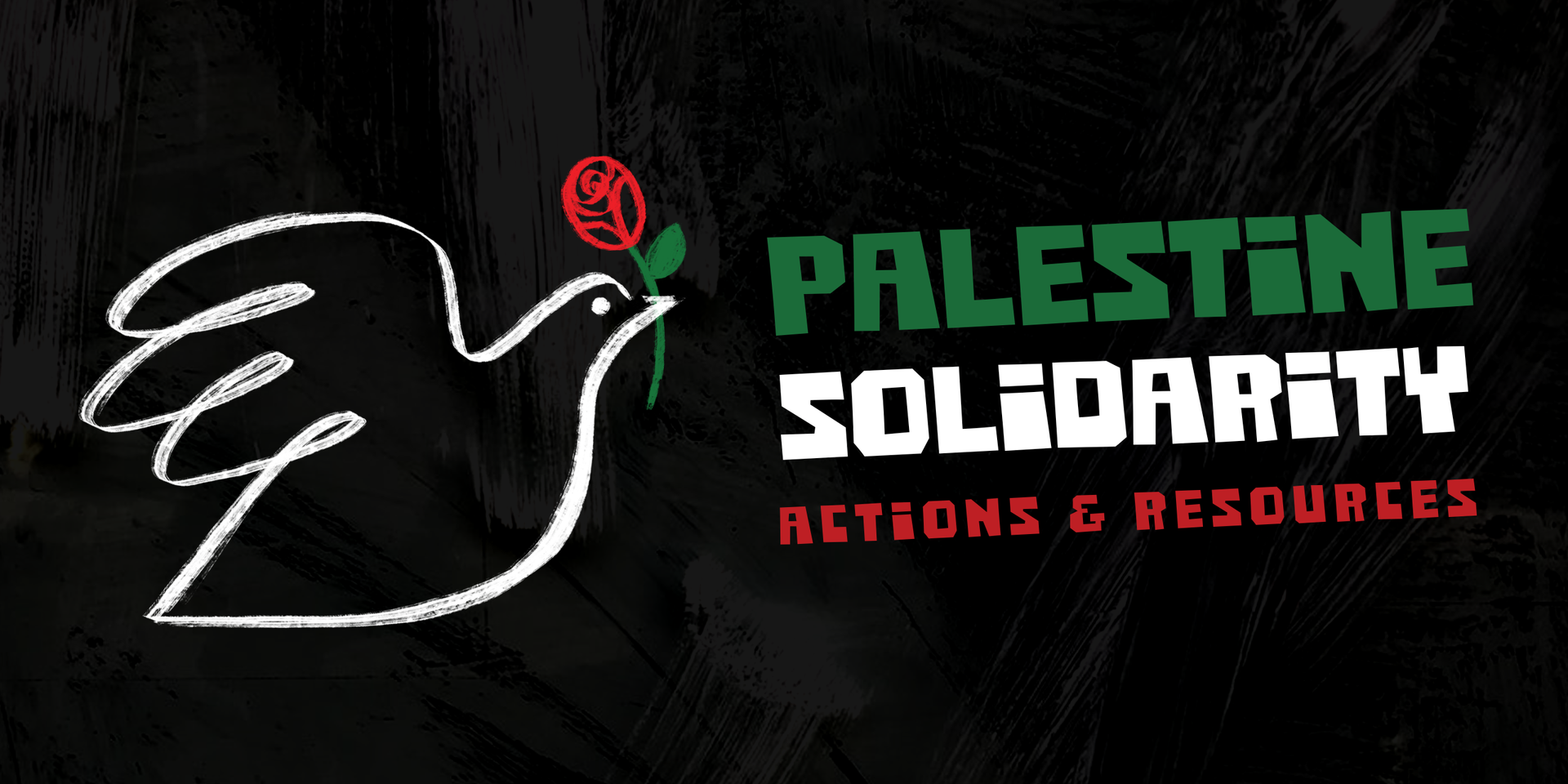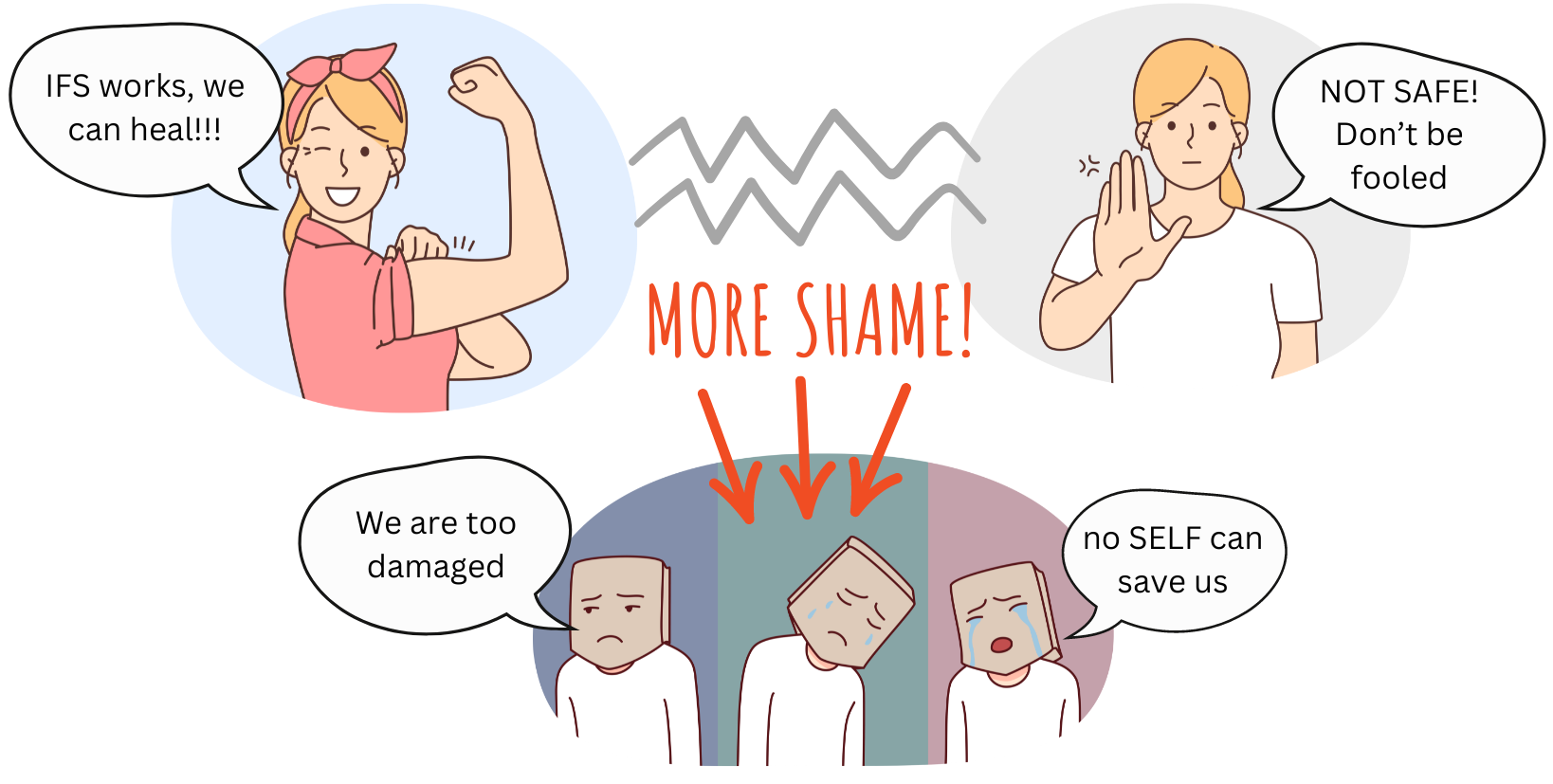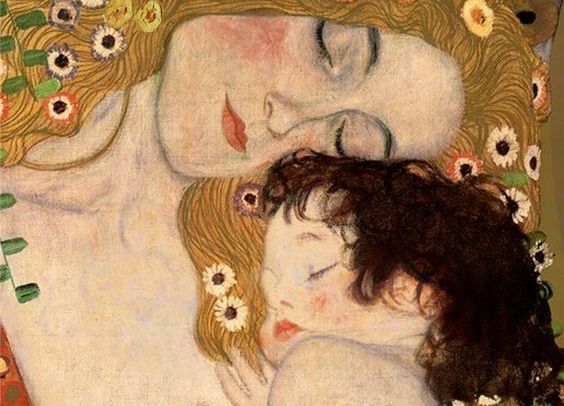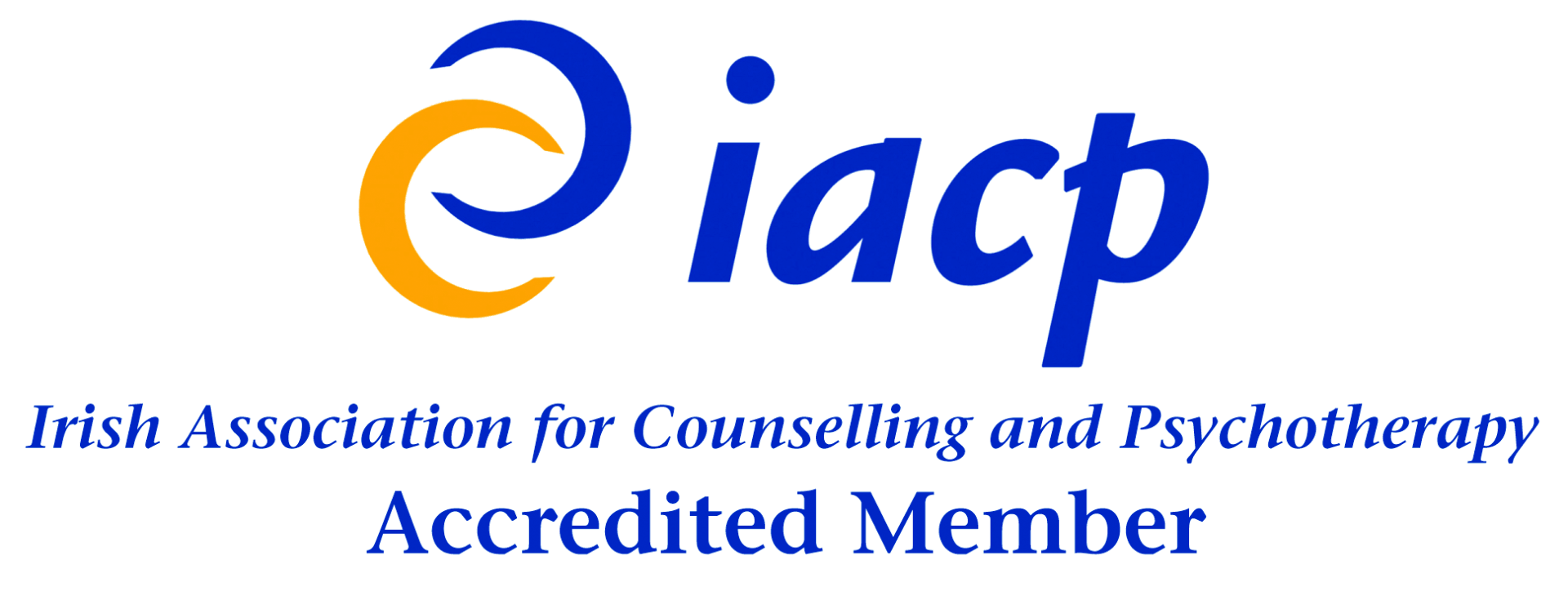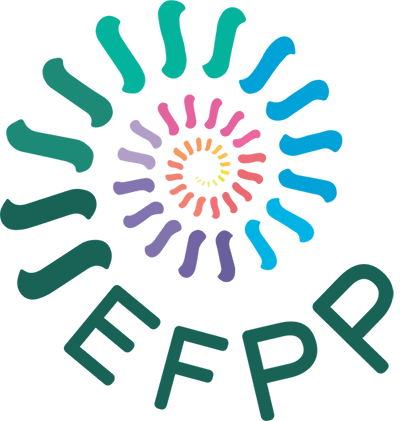Polyvagal Theory helps us understand how trauma primes our autonomic nervous system to interpret and react to cues based on past traumatic experiences that don’t always fit with the present-day situation.
The autonomic nervous system is made of 2 main branches, sympathetic and parasympathetic, and responds to signals and sensations via 3 pathways:
1. the sympathetic branch, in the middle part of the spinal cord, is the pathway that prepares us for action. It responds to cues of danger with fight-or-flight.
In the parasympathetic branch, the 2 remaining pathways are found in the vagus nerve:
2. dorsal vagal pathway responds to cues of extreme danger by taking us out of awareness and into a protective state of collapse, feeling frozen, numb, or 'not here' (dissociation)
3. The ventral vagal pathway responds to cues of safety and supports feelings of connection, soothing, excitement and play.
Our trauma stories live in sympatetic and dorsal, so when we hit those states our trauma stories come alive and grab us, interfering with our capacity to connect, be soothed and live in the present.
Trauma informed counselling and psychotherapy can be useful in becoming aware of our triggers, developing our ability to self-regulate and co-regulate and activating our ventral vegal system where we feel more resourceful and connected.
Click on the link here
for a brief podcast with Deb Dana explaining what the vagus nerve is and how may it help us understand our recations. For a PDF of Deb Dana's beginners' guide to Polyvagal theory click here
